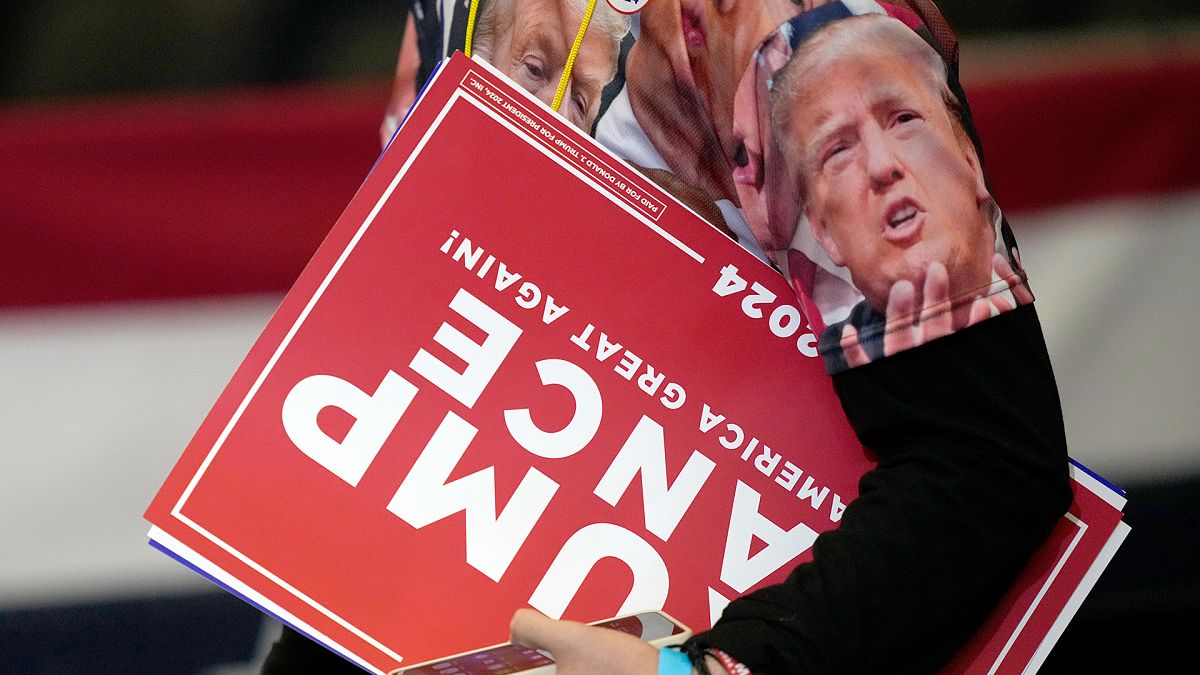The ongoing crisis in the Middle East has become a key focus in the US presidential race, with Vice President Kamala Harris and former President Donald Trump targeting battleground states with large Arab American and Jewish populations. Harris has been walking a delicate line, expressing support for Israel while also condemning civilian casualties in Gaza and Lebanon. Her comments have sparked mixed reactions, with some misinterpreting her remarks as agreeing with claims of Israeli “genocide.” Trump, on the other hand, has taken a more assertive stance, claiming the conflict would not have occurred under his leadership and promising to end it if elected.
Harris and Trump’s approaches to the Middle East crisis have become a central issue in their campaigns as they seek crucial votes in states like Michigan and Pennsylvania. Harris has faced criticism for her response to the conflict, with some feeling that she has not adequately addressed the deaths of Palestinians in Gaza. Meanwhile, Trump has been making bold statements, suggesting that a Harris administration would escalate the conflict and potentially lead to World War III. The contrasting approaches of the two candidates have created a challenge for Harris in the final days of the campaign.
While Harris attempts to align her messaging with President Joe Biden’s policies while striking a more emphatic tone, some in the Democratic Party are expressing frustration over Trump’s foreign policy statements, which have garnered attention without much scrutiny. Harris’ campaign has clarified her remarks on the conflict, emphasizing a focus on the broader humanitarian conditions in Gaza. However, some within her party remain discontented with her handling of the crisis, with only two-thirds of Democrats believing she would be the better candidate to address the conflict.
In Michigan, home to the largest Arab American community in the US, the impact of the conflict in the Middle East is deeply personal. The community has called for a ceasefire and criticized the Biden administration for its stance on the crisis. Despite initial hope from Arab American leaders when Harris launched her campaign, many feel that her policies have not diverged enough from Biden’s. Additionally, ads targeting Arab American communities and Jewish voters are highlighting different aspects of Harris’ stance on Israel, funded by Future Coalition PAC, a group backed by Elon Musk.
Harris’ spokesperson has portrayed Trump’s approach toward the Middle East as part of a broader sign of an “unchecked, unhinged” Trump being too dangerous. The campaign has emphasized a return to chaotic and go-it-alone approaches under Trump’s leadership, which they argue would weaken America and make the world less safe. As the election draws near, the impact of the Middle East crisis on the campaigns of Harris and Trump remains a critical issue that could influence the outcome of the election, particularly in battleground states with significant Arab American and Jewish populations.











